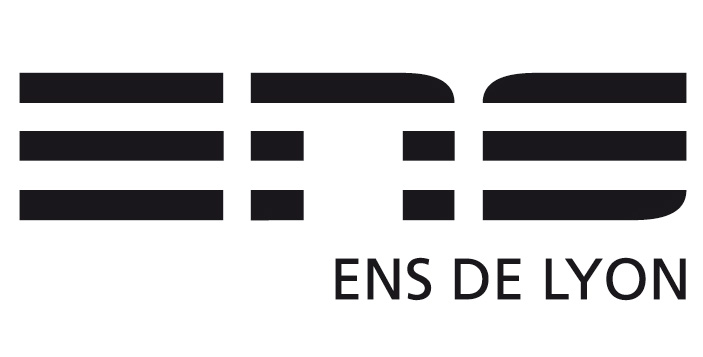Mathieu Prévot
| When |
Mar 08, 2023 à 10:30 AM |
|---|---|
| Where |
André Collet |
| Contact |
Denis Frath |
Powering chemistry with sunlight: electrocatalytic and photoelectrocatalytic chemical transformations
The entire chemical industry sits at the crux of the energy-carbon nexus and is currently the third biggest industrial contributor to the global CO2 emissions (behind steel and cement production), as well as the largest industrial energy consumer. As such, there is an urgent need to find ways of “defossilizing” the production of chemicals, and one pursued approach towards this goal is the so-called electrification of the chemical industry. This refers to employing electrical currents generated by renewable means to replace fossil resources as energy source but also as “reagent” in electrocatalytic processes. A prime example of this trend is the recent rapid development of electrocatalytic hydrogen production from water in industrial electrolysers.
On the other hand, solar energy is bound to play a central role in the ongoing energy transition and coupling sunlight absorption with electrochemical reactions to accomplish the aforementioned electrification has been and remains a physico-chemical and technical challenge. In this context, our research group is interested in developing integrated electrocatalytic and photoelectrocatalytic systems and use them to generate value-added chemicals from abundant or waste resources (e.g. water, CO2, biomass) as an alternative to the current petrochemical value-chains based on fossil feedstock. We generally aim at developing novel electrocatalysts and semiconducting light absorbers for the efficient conversion of solar energy into chemical energy. Moreover, to unravel the complex interplay between light absorption, charge generation and transport, and electrochemical processes, we work on the development of in-situ and operando techniques, with the objective to advance our fundamental understanding of these systems, and propose rational rules for material design. Our current efforts are centered around electrocatalytic CO2 reduction and biomass oxidative valorization, as well as the development of innovative oxysulfide absorbers.



